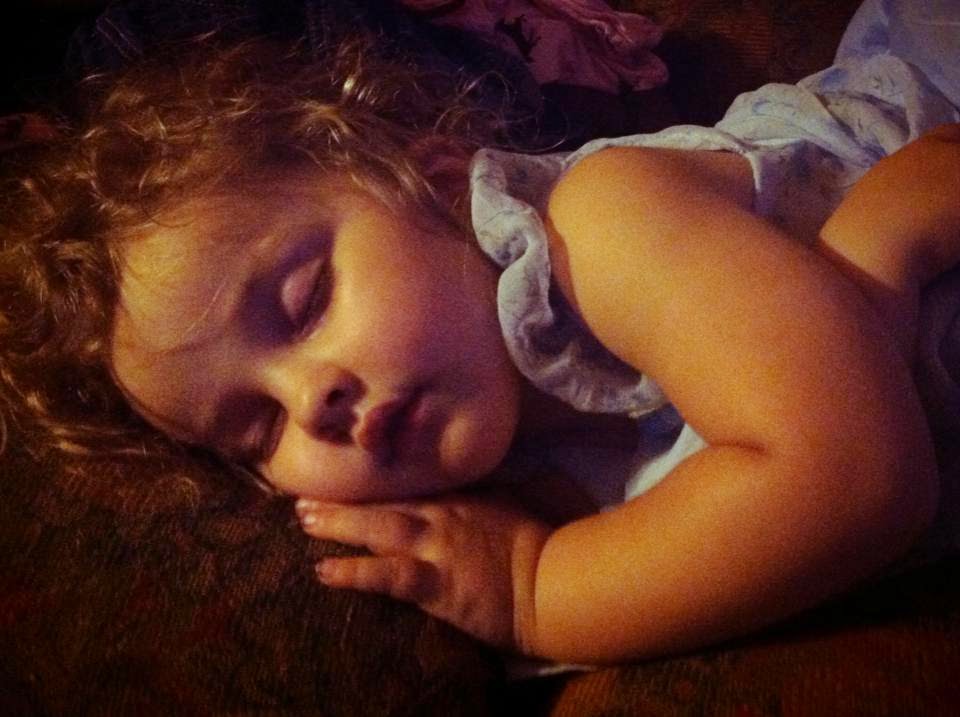
3 Ways to Protect Your Children From Predators
We all think that people are like us.
“To the pure, all things are pure. To the defiled, nothing is pure.” Titus 1:15
Most parents would never consider that 90% of sexually abused children know their abuser.
Predators are like spiders. They carefully craft their web and position themselves to efficiently catch their prey. They may get a job that gives them access to children. They may volunteer at churches or schools. They may befriend neighbors or family with children. They may have their own children that invite your children over. They are always helpful and willing to be there in times of need.
Predators are crafty and very sly. They enjoy the hunt. They enjoy developing trust. Part of the thrill happens long before the abusive contact. It’s the chase, in all of its subtleties. It is the secret gift that is received. That extra late bed time, that time they played catch in the house, the chocolate bar or teddy bear that caretakers don’t know about is the sticky part. It is the snag of getting a child to keep a secret. The child then, is in the web. They could get free, but if the predator has done the job, the child won’t have a clue that they should. Once the child is complicit in keeping a secret, the predator has the upper hand.
The escalation can be calculatingly gradual and imperceptibly subtle, so as to make the child feel complicit and guilty or it can be a sudden dramatic trauma, that damages the child’s psyche. Either way, the damage is done. It is a long healing road from there.
So, how can we protect our children?
1. Agree on a password.
Use a code word or phrase that children can use when they feel threatened. At whatever point they start to feel uncomfortable, they can use that word like ‘a get out of jail free’ card. It should be discussed that when they use that special word, they will not get in trouble. It only works with direct caregivers. It can be used when a sleep over is creepy. It can be used when people at school or church events make them uncomfortable. It can be a signal that they need to be picked up.
It can be a simple way of making sure that only safe people pick them up from anywhere. If a stranger approaches and tells them that mom’s been in a car accident, they ask for the password. Don’t be so naive to think that a dangerous predator that has stalked his/her prey won’t go to the extent of using a uniform. It might be a cop, firefighter, EMT, or coach’s uniform.
Remember, these are psychologically disturbed people. They are often extremely charming. Their whole mode of operation is deception. They are very convincing and may be able to convince a child or adult of any number of scenarios.
2. Use correct anatomical names.
When a child uses terms like “cookie”, “bottom”, “weaner”, “privates”, or “peepee” it can be confusing to those to whom they disclose abuse. Medical personnel and if prosecuted, law enforcement, prosecutors and defense attorneys need accurate information. The predator will use any means available to get out of it and inappropriate terms are their best defense. A predator might claim that it was not their intention to touch their private body parts, but a private toy or game the child owns. Confusion might drive the child back into silence, if the lack of understanding equates to a lack of intervention.
The word, “penis” is readily accepted, but still children are often told to use a pseudonym. Penis is the right word. Bum is different from anus though and they should be used differently. Then, the use of vagina is becoming a fad. It is almost always used incorrectly by parents. The vagina is on the inside. No one should need to wipe a child’s vagina. The vulva is the outside fatty part on girls. To be more specific, the part we urinate from is called the urinary meatus or meatus for short. The perineum is the area from the vulva to the anus on a girl. It is usually most proper to say, “She wiped the perineum.”
Children growing up in a house where there are secret names for body parts won’t be damaged because their terminology isn’t right, but should anything happen they won’t be able to convince everyone by using it. We have lots of words that mean the same of similar things. Finding the most appropriate words to use is an important skill that all of us should employ.
3. Be vigilant.
You have your children under your care for a limited time. It may seem like they are all you are able to take care of and you might want to go off and do other things. While some people work, go to school, volunteer and do all sorts of things while their children are small, it is that vigilance that will help keep the safe. Make a plan to evaluate your children’s risks and safety at regular intervals, as milestones approach, like a moving up to the next grade in school or joining a group. Stay alert.
There are many signs to look for after abuse has started, but staying on the proactive defense is much easier to do.




Mary Rathke
Good Advice! Also you kind of touched on this with one and three, but I also openly talk with my kids when they come back from sleepovers or events where predators could have preyed on them. It may have seemed awkward in the beginning but now it’s no big deal when they come back from an event if I ask them, “Did anyone try to get you alone? No one tried to touch your privates did they?”
Darlene
Great point, Mary. That definitely should have been part of the last paragraph. Thanks so much for adding it.